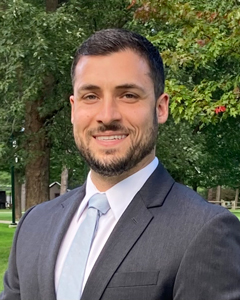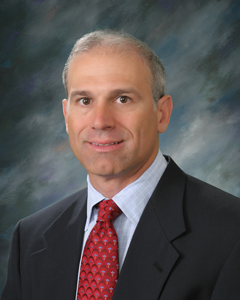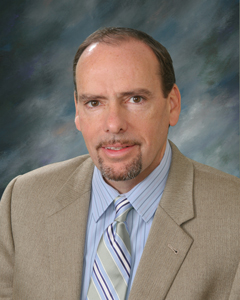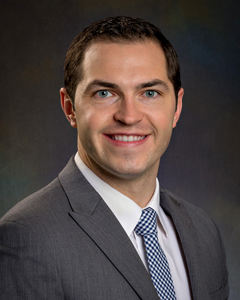Uroflowmetry
A uroflowmetry is a diagnostic test to measure the flow of urine released as well as the amount of time it takes to completely empty the bladder during urination. This test may be recommended for patients who are experiencing problems with urinary flow.
Preparing for the Uroflowmetry
This test provides the most accurate results when performed on a full bladder, so patients are advised to refrain from urinating for two hours before the test and to drink plenty of fluids in preparation. Patients are also advised to notify their doctor of all medications they are currently taking, as some of them may have to be stopped temporarily before the uroflowmetry.
The Uroflowmetry Procedure
During the uroflowmetry procedure, patients urinate into a funnel attached to a machine called an electronic uroflowmeter. After urination is completed, a detailed report is created. During the uroflowmetry, the urine flow rate is monitored and used as the basis for determining the severity of any blockage or obstruction. Low urine flow may be caused by such conditions as poor bladder function, an enlarged prostate or obstruction of the urethra. The results of the uroflowmetry are evaluated in conjunction with a physical examination and any symptoms that the patient may have been experiencing. If the results indicate any abnormalities, the patient's doctor will develop a customized treatment plan for the specific condition.
Risks of Uroflowmetry
No discomfort is experienced during uroflowmetry, as it involves regular urination. Uroflowmetry is a safe diagnostic test with no associated risks. The patient can resume daily activities immediately following this test.










